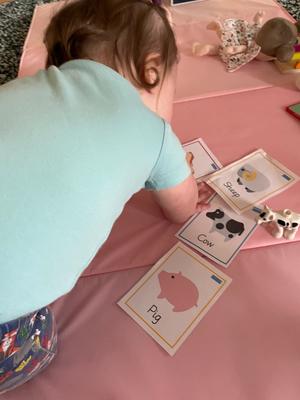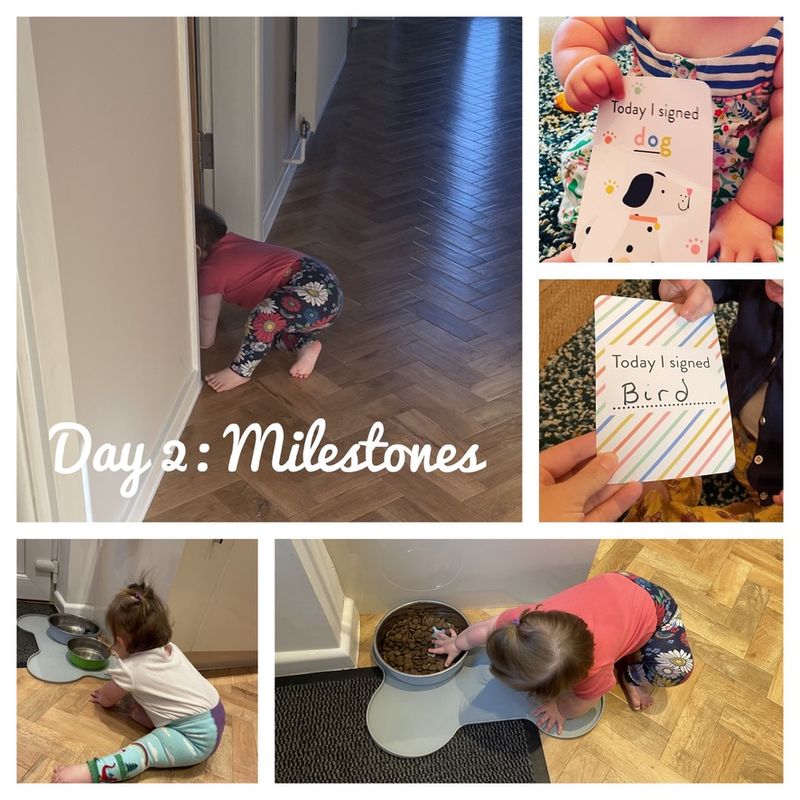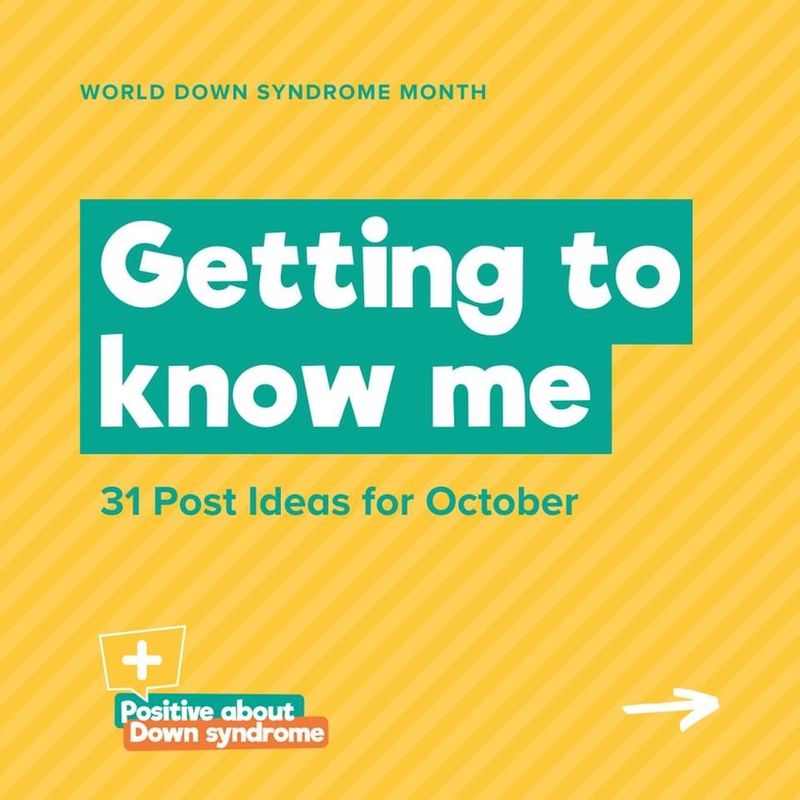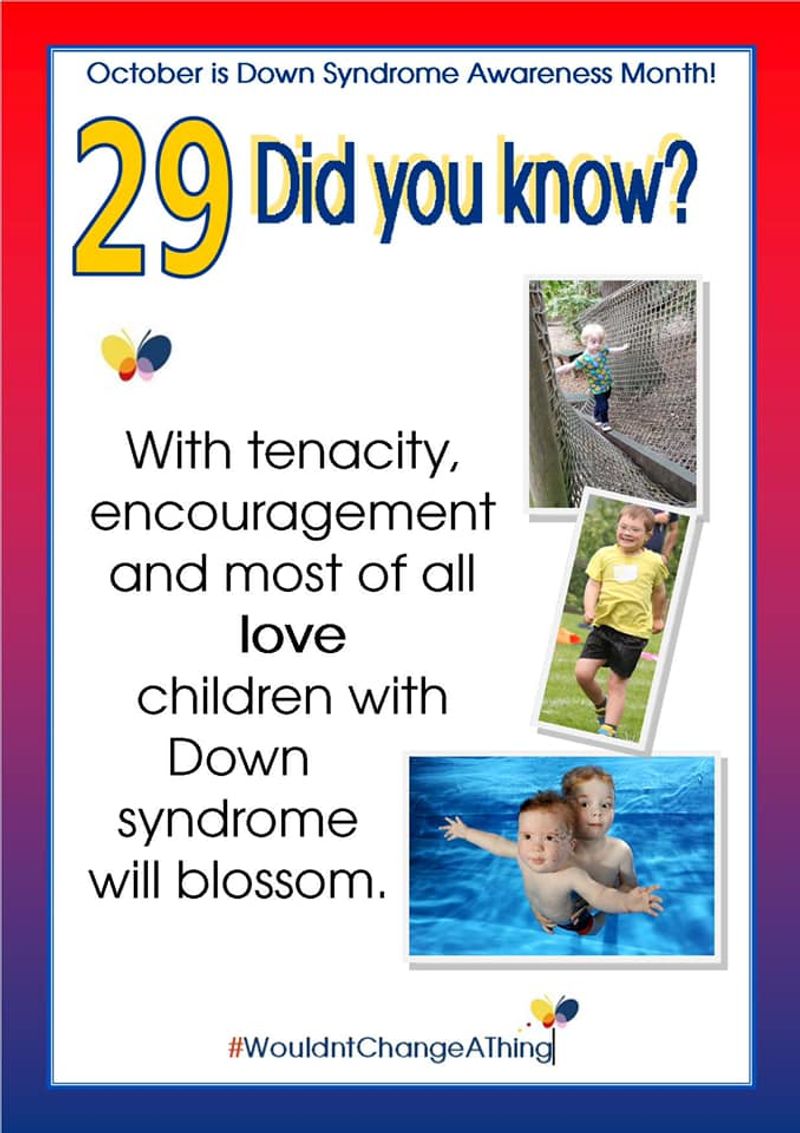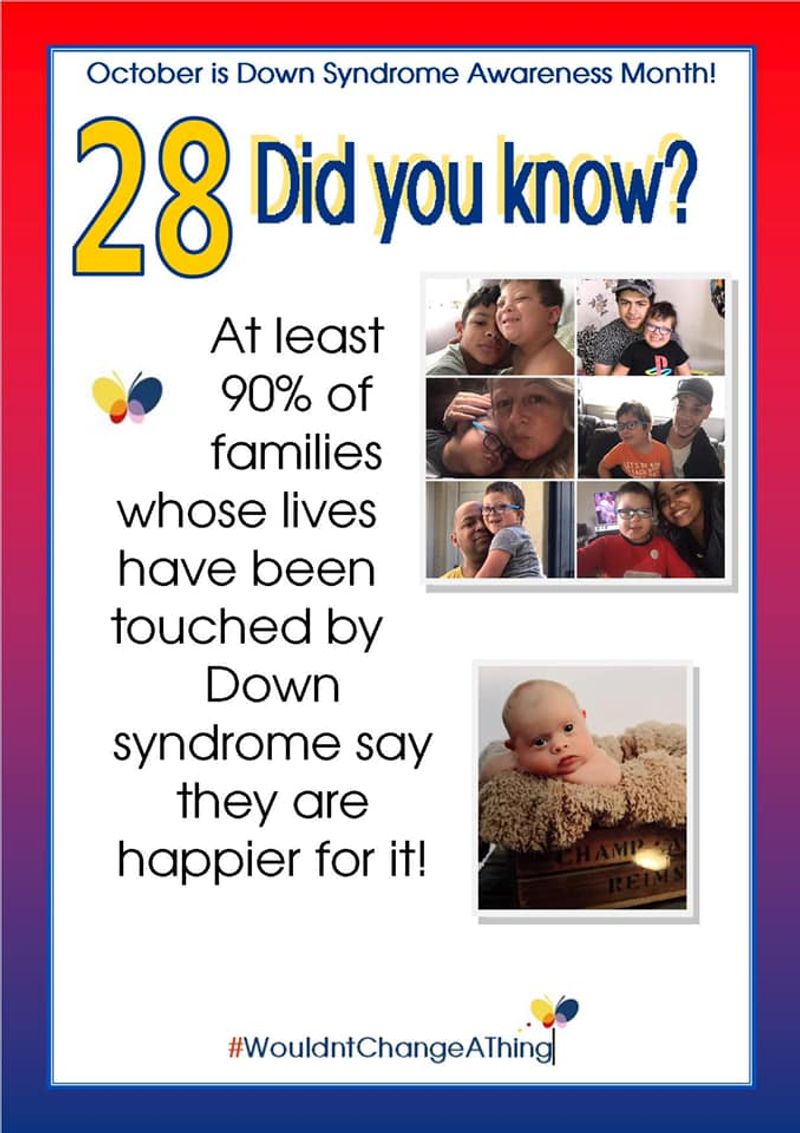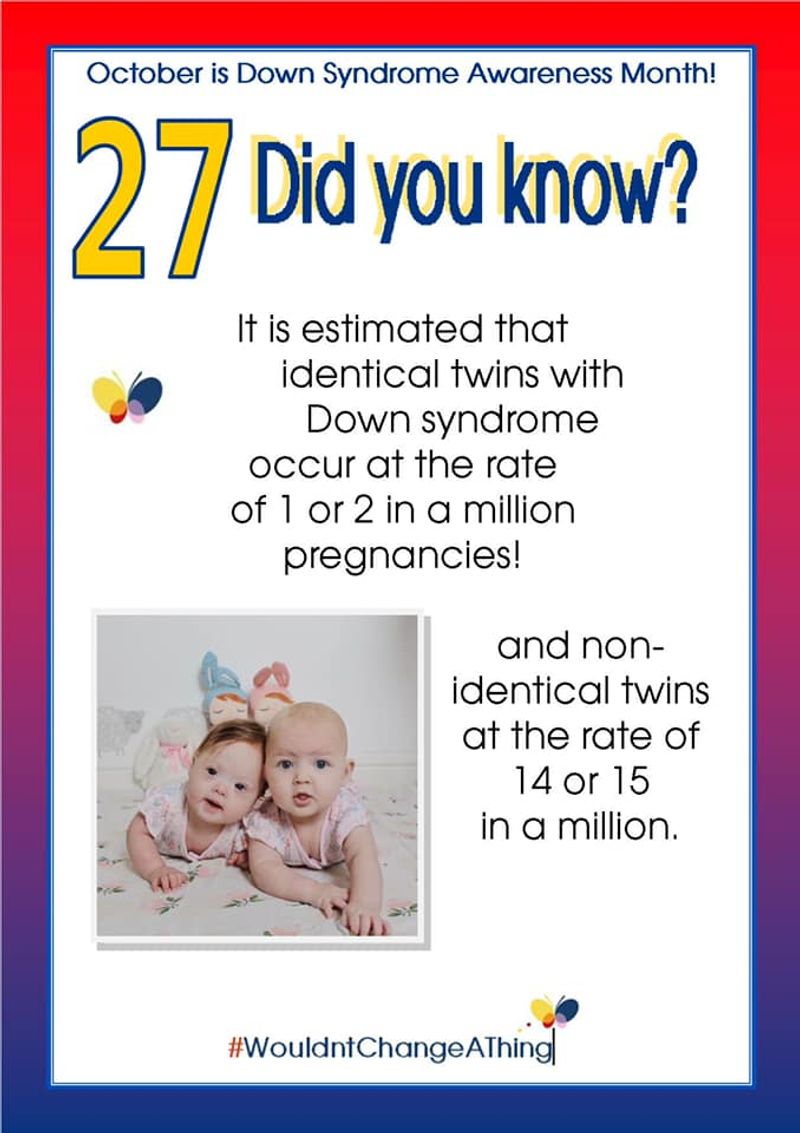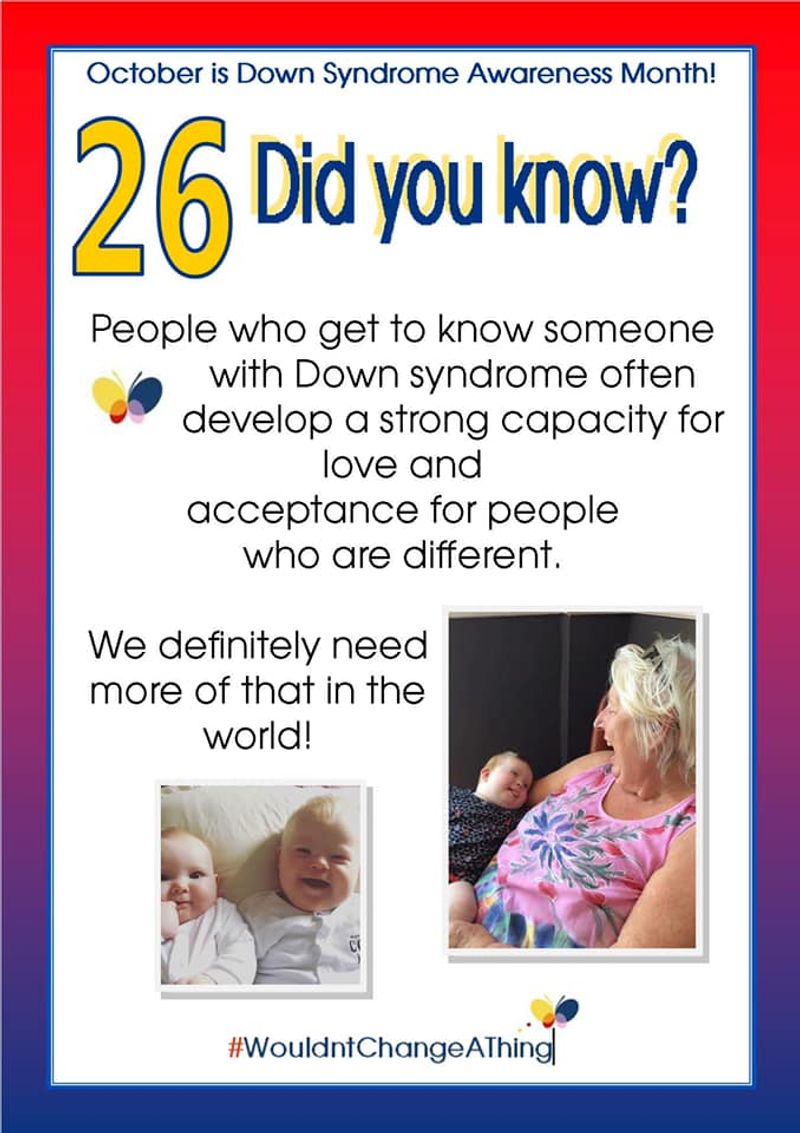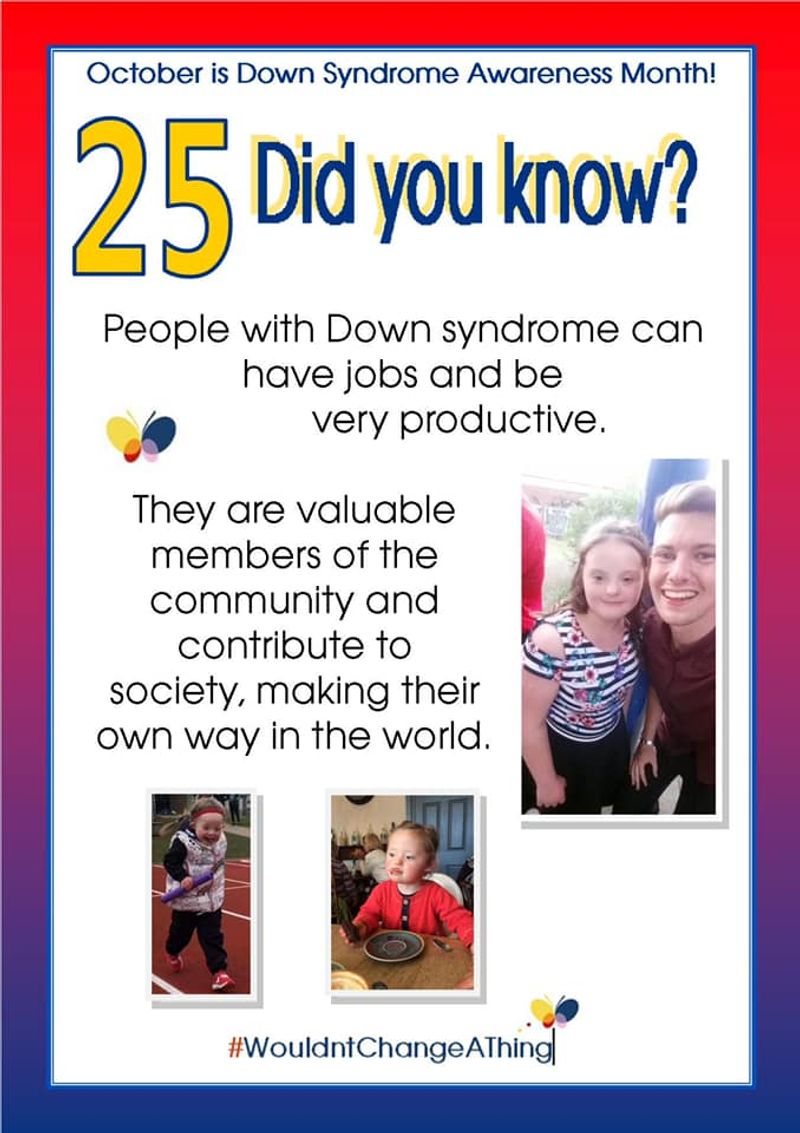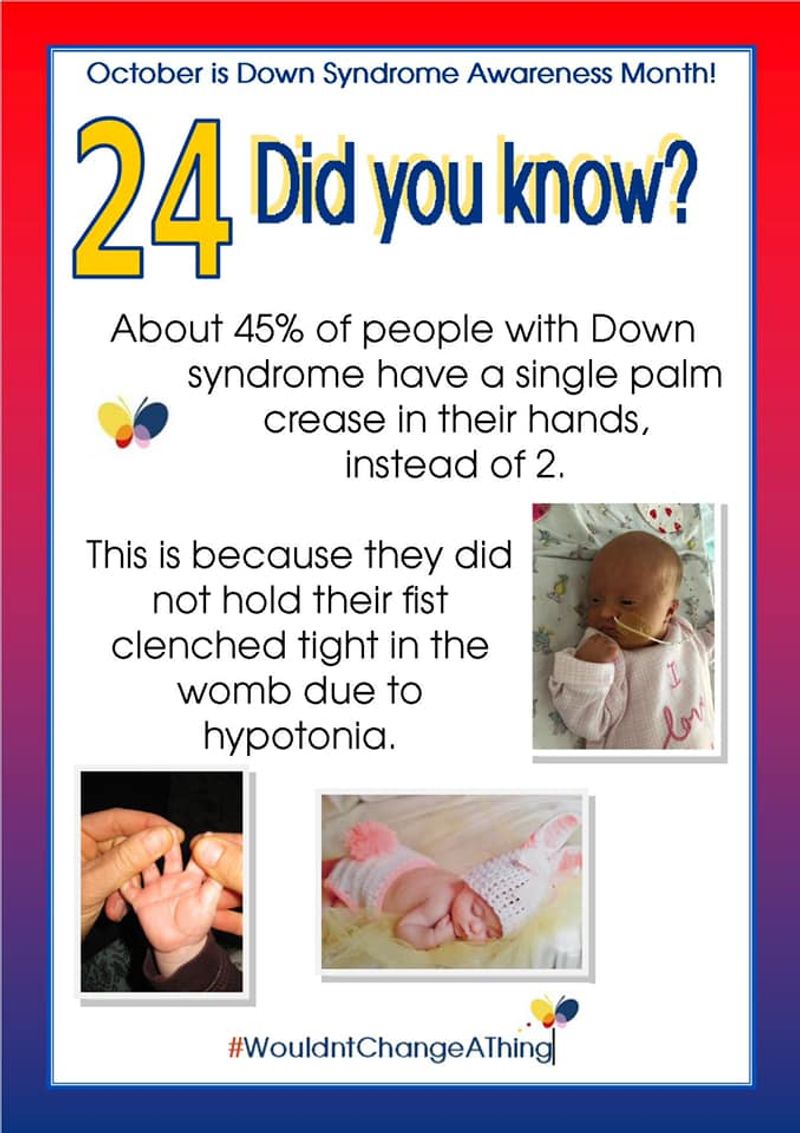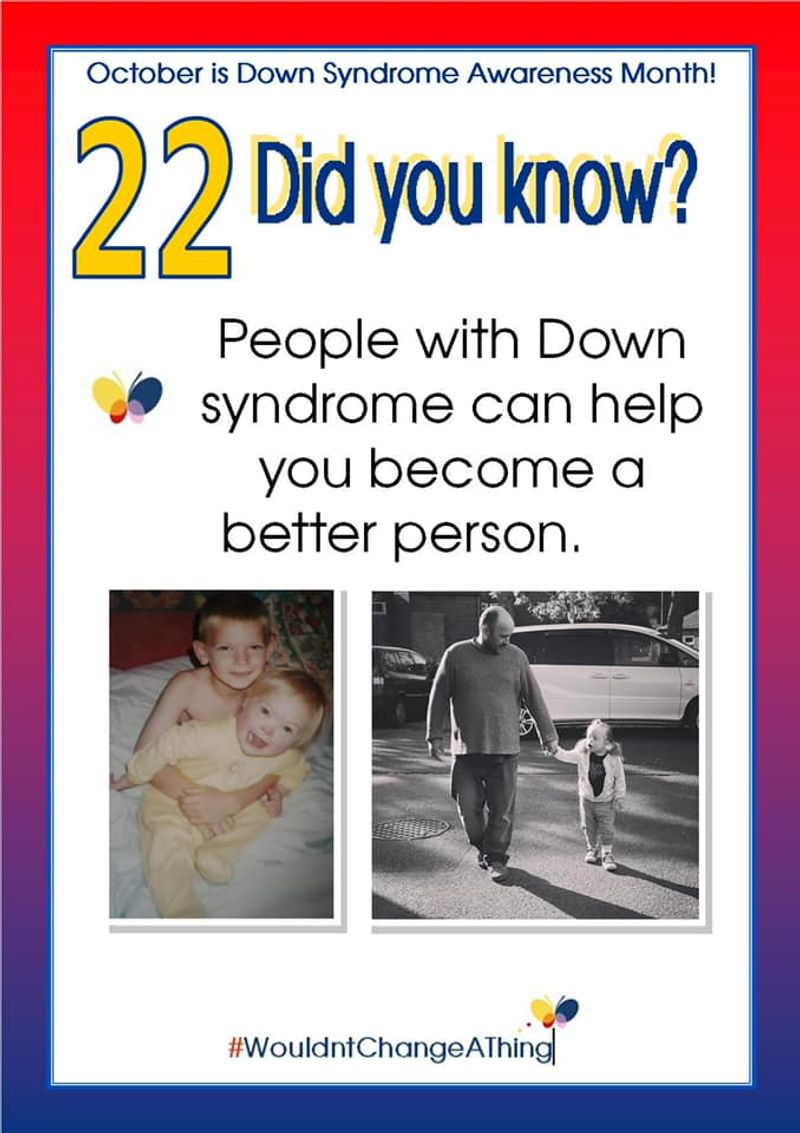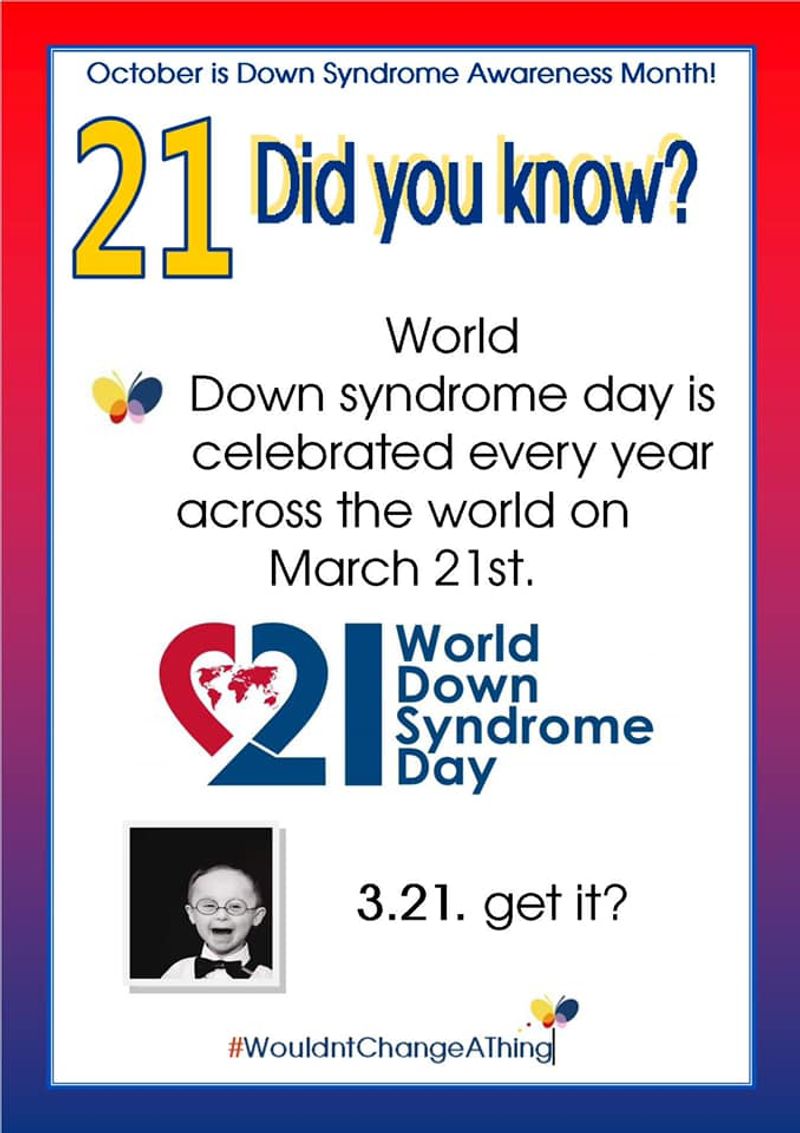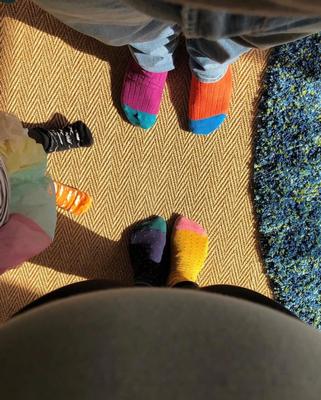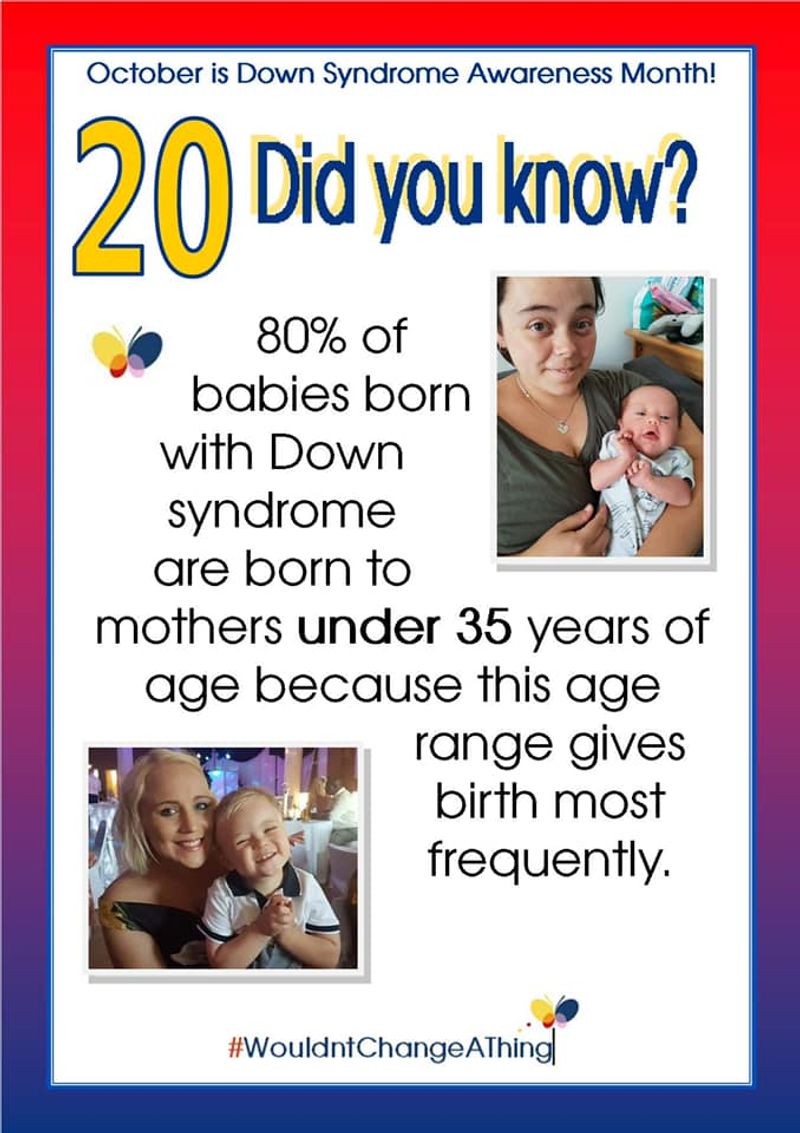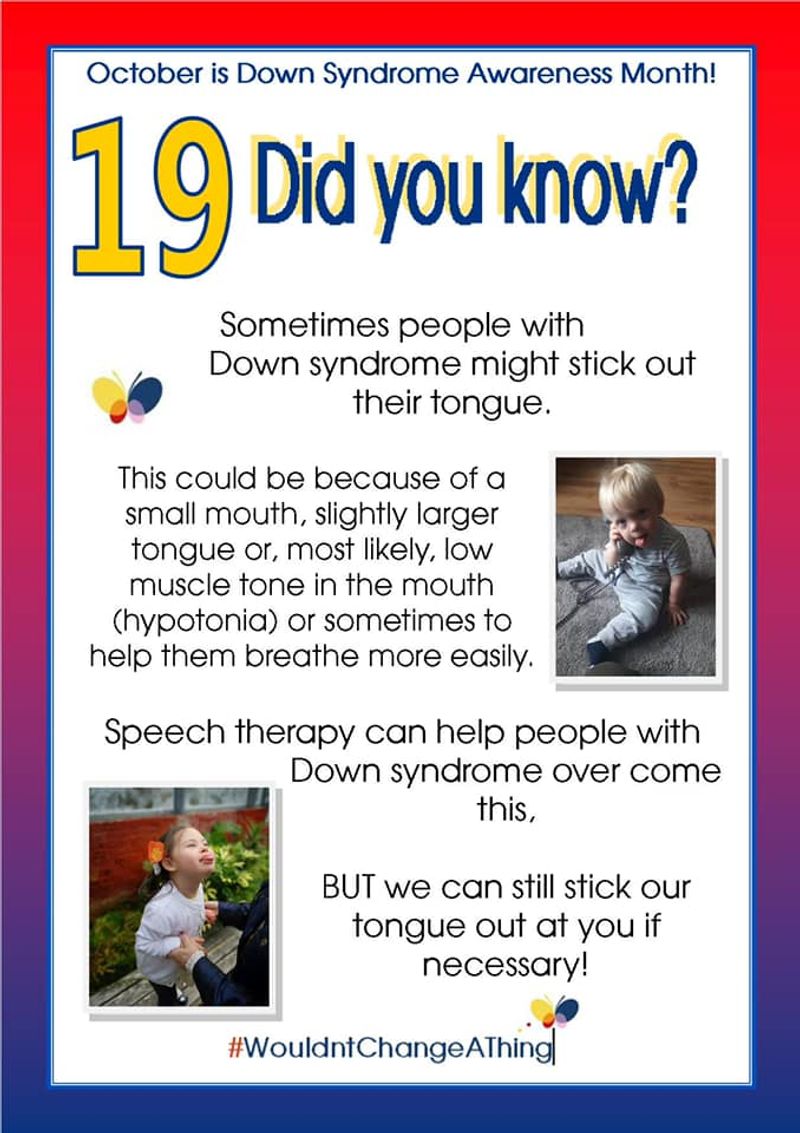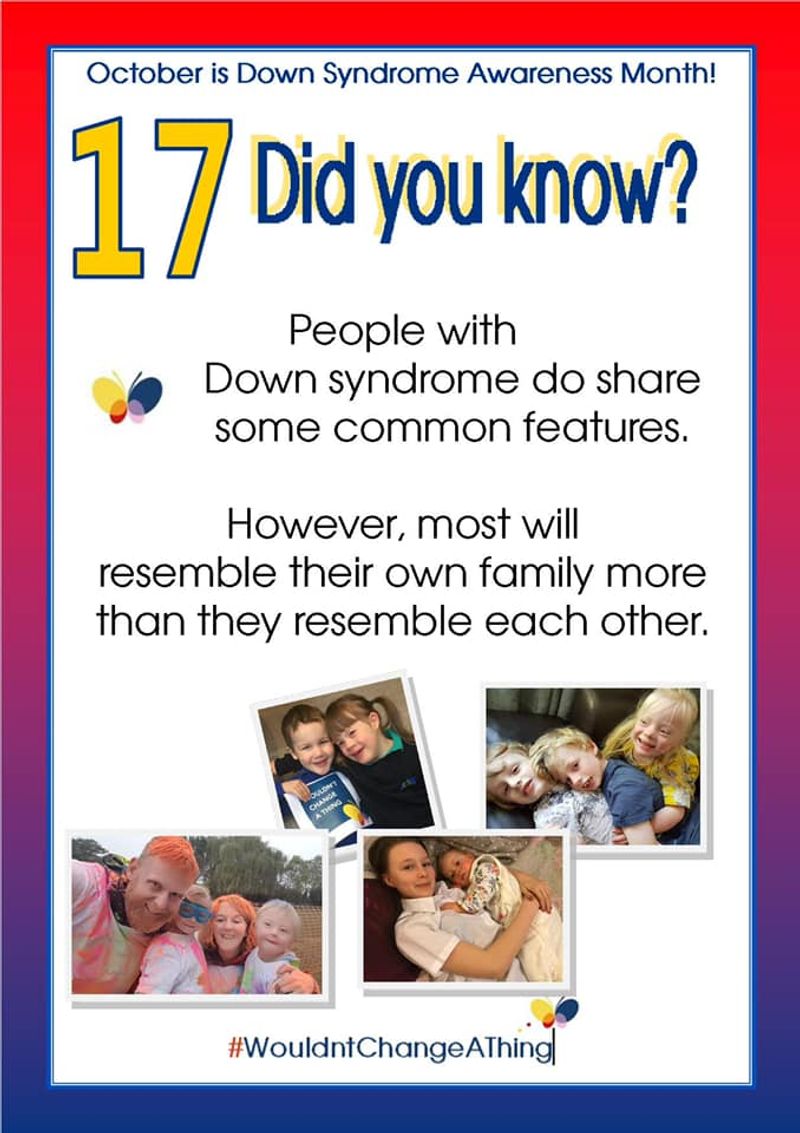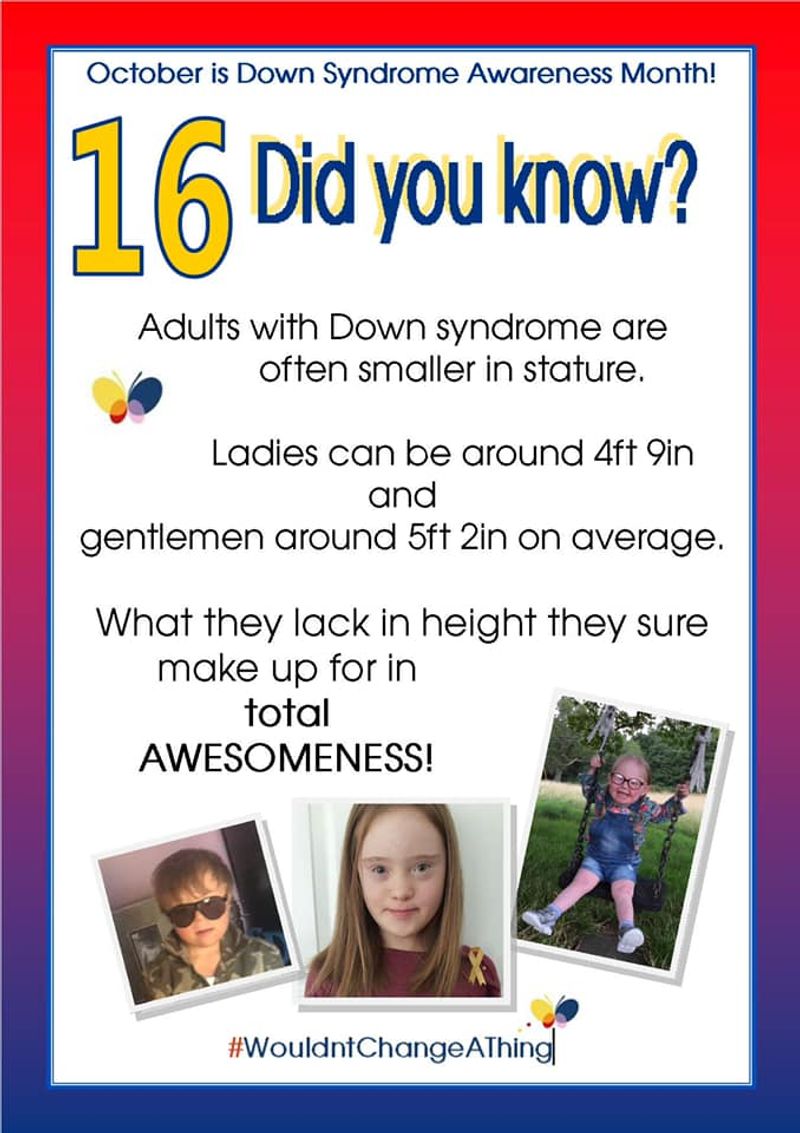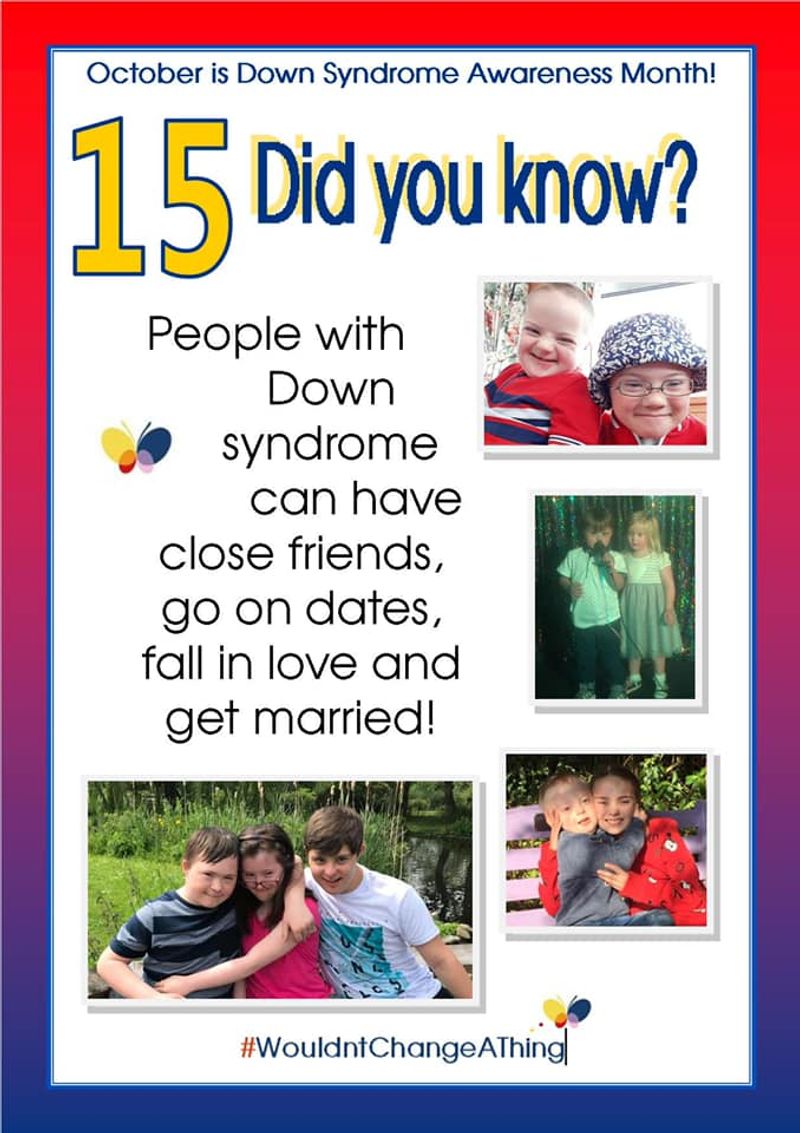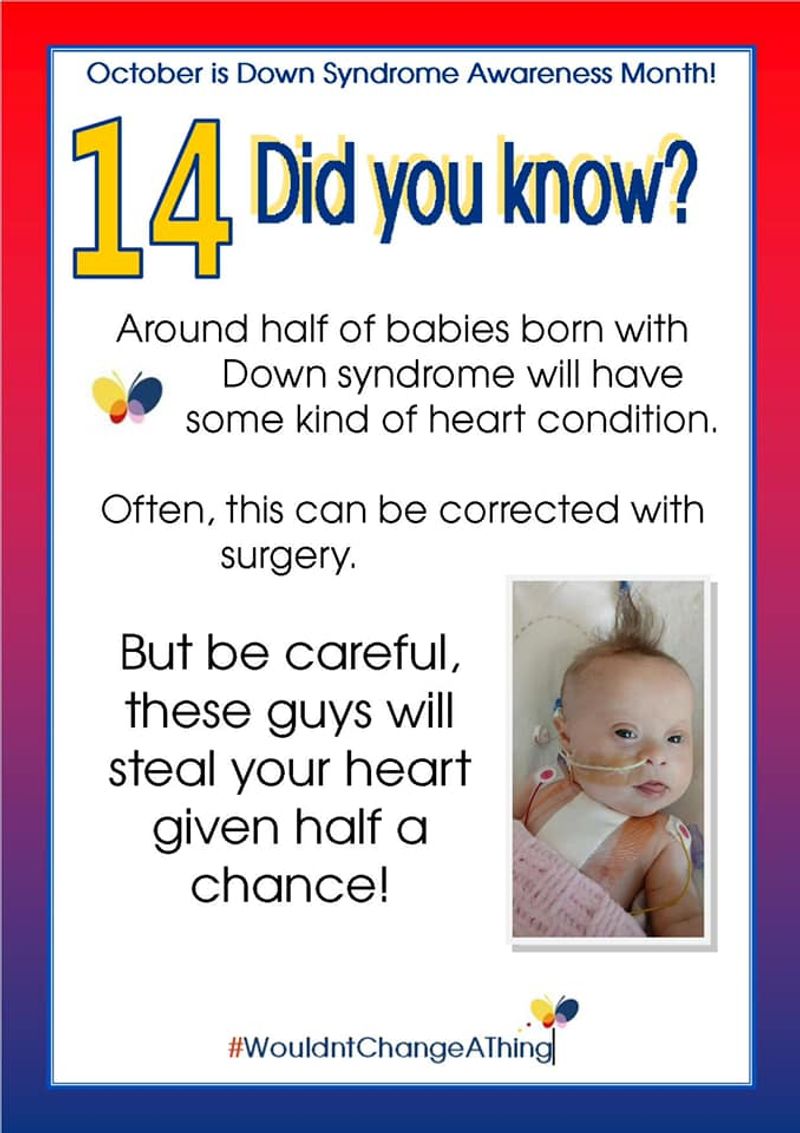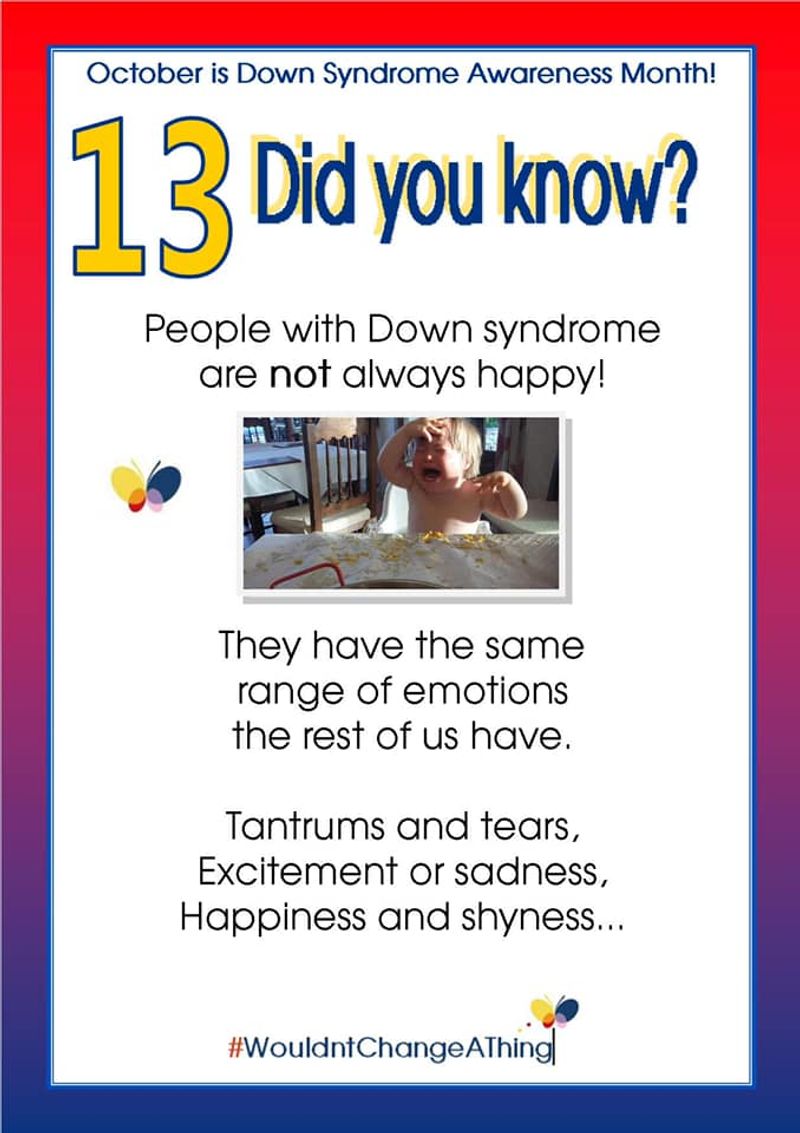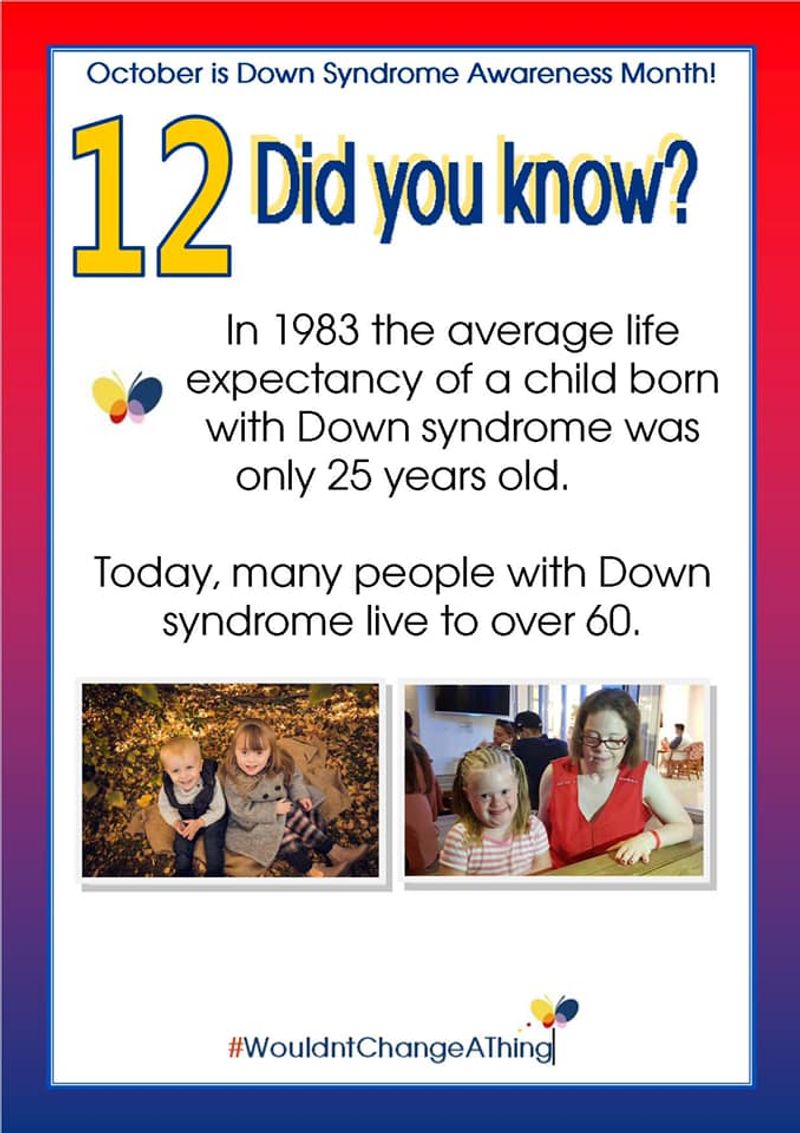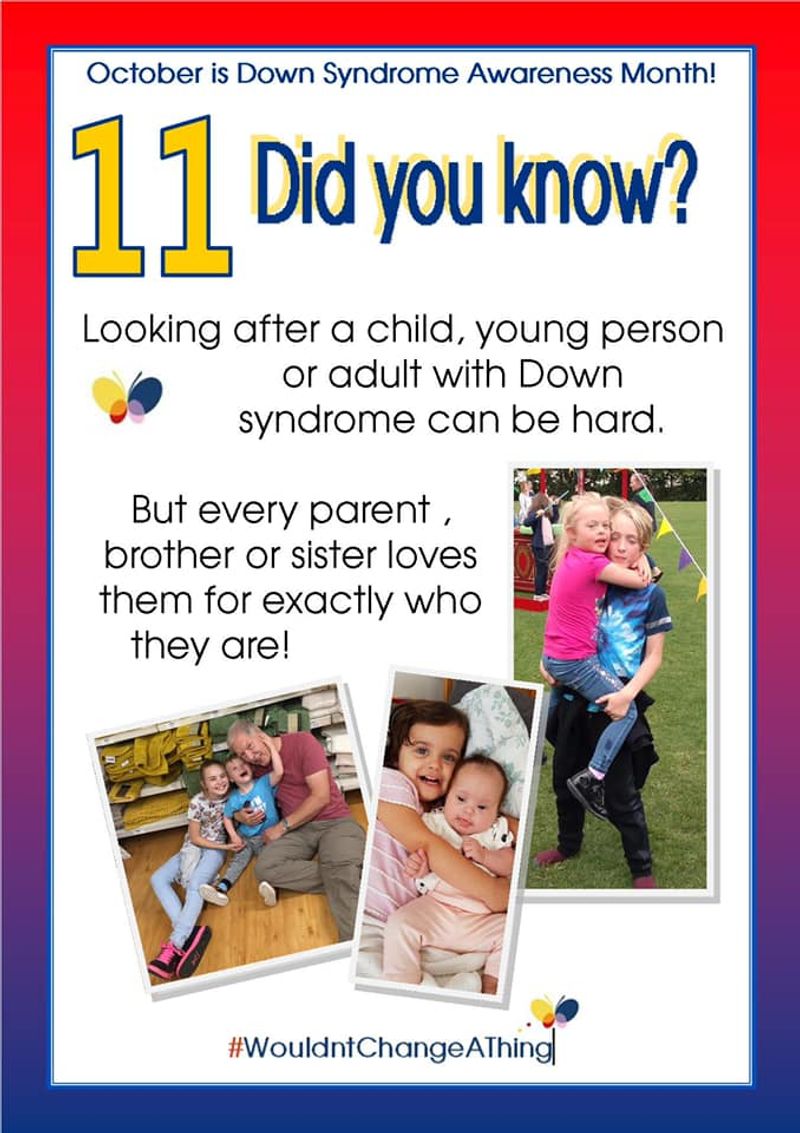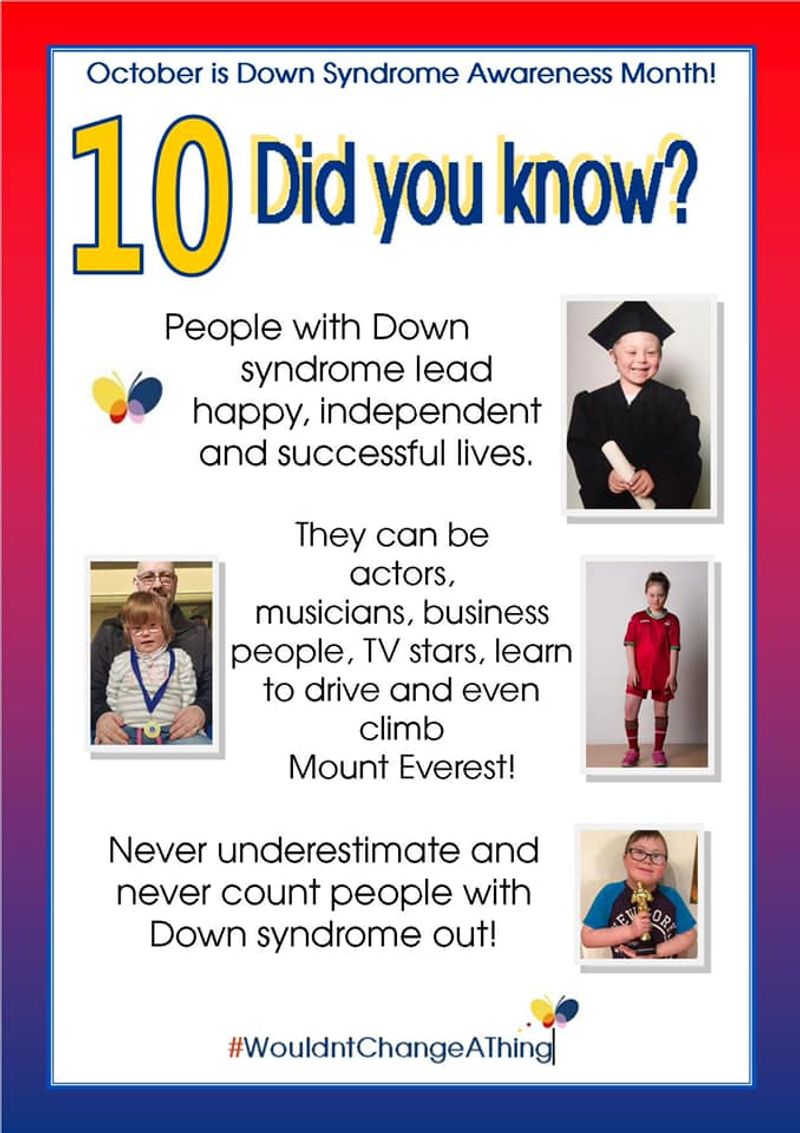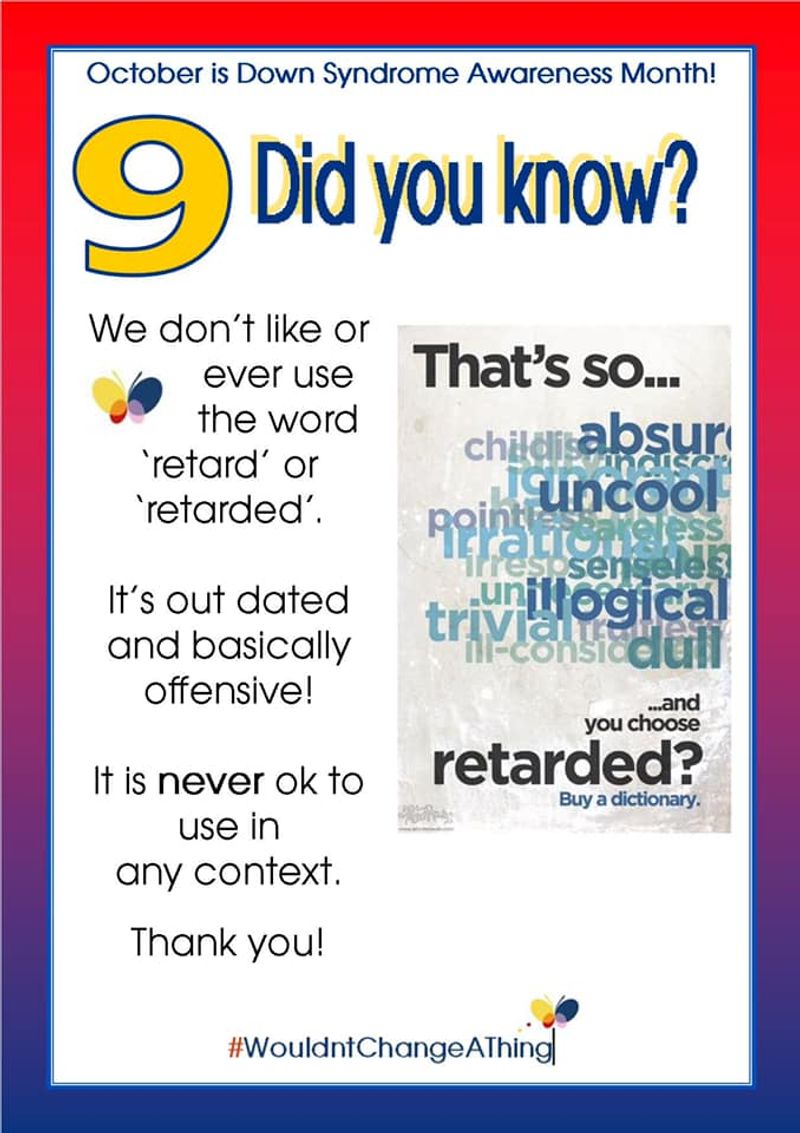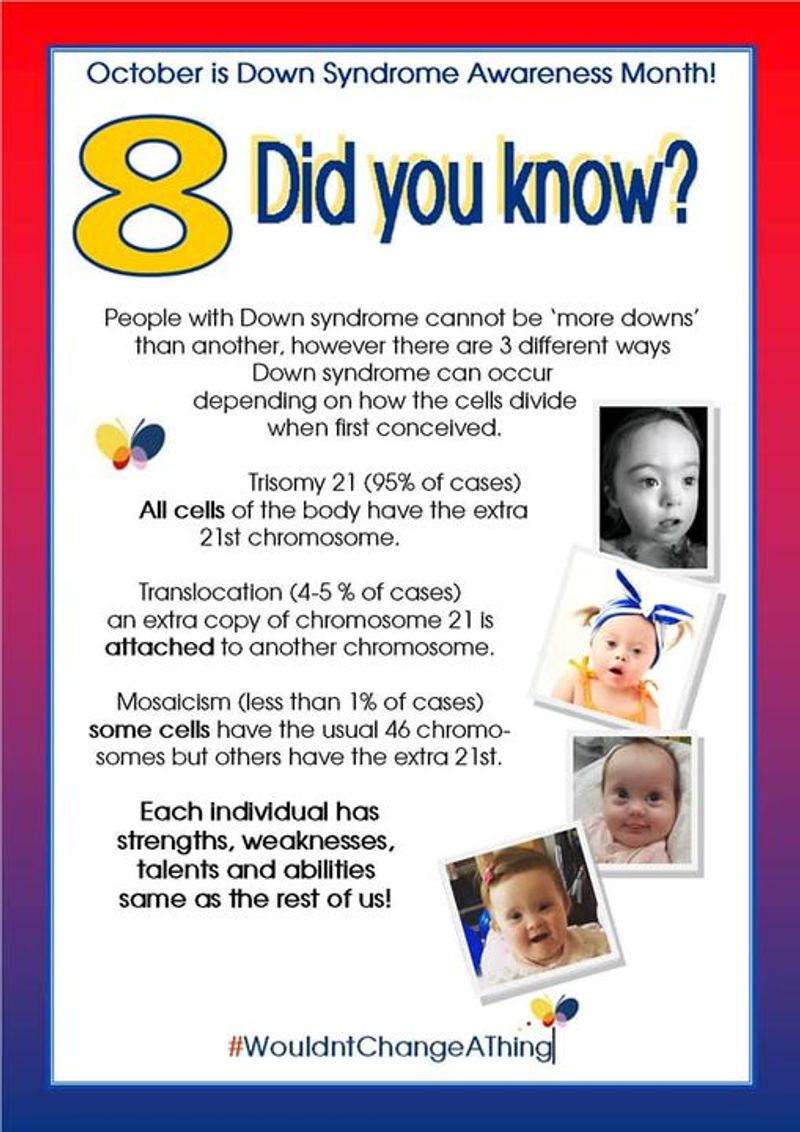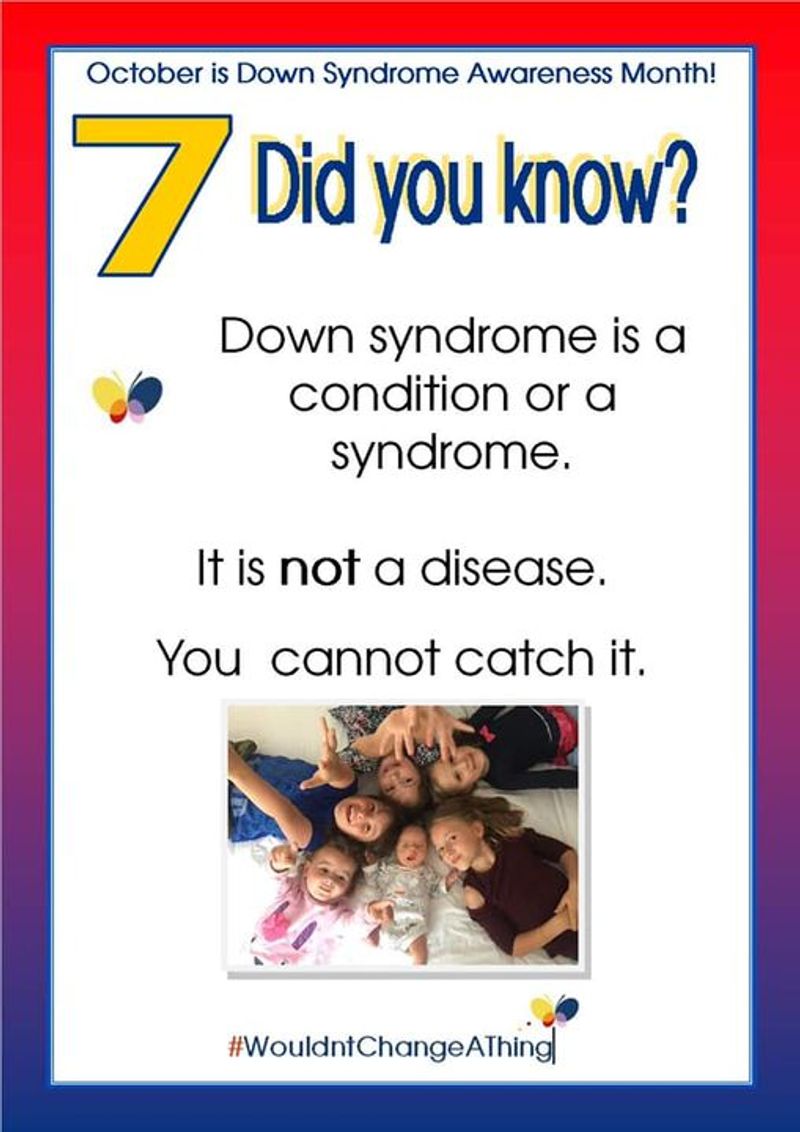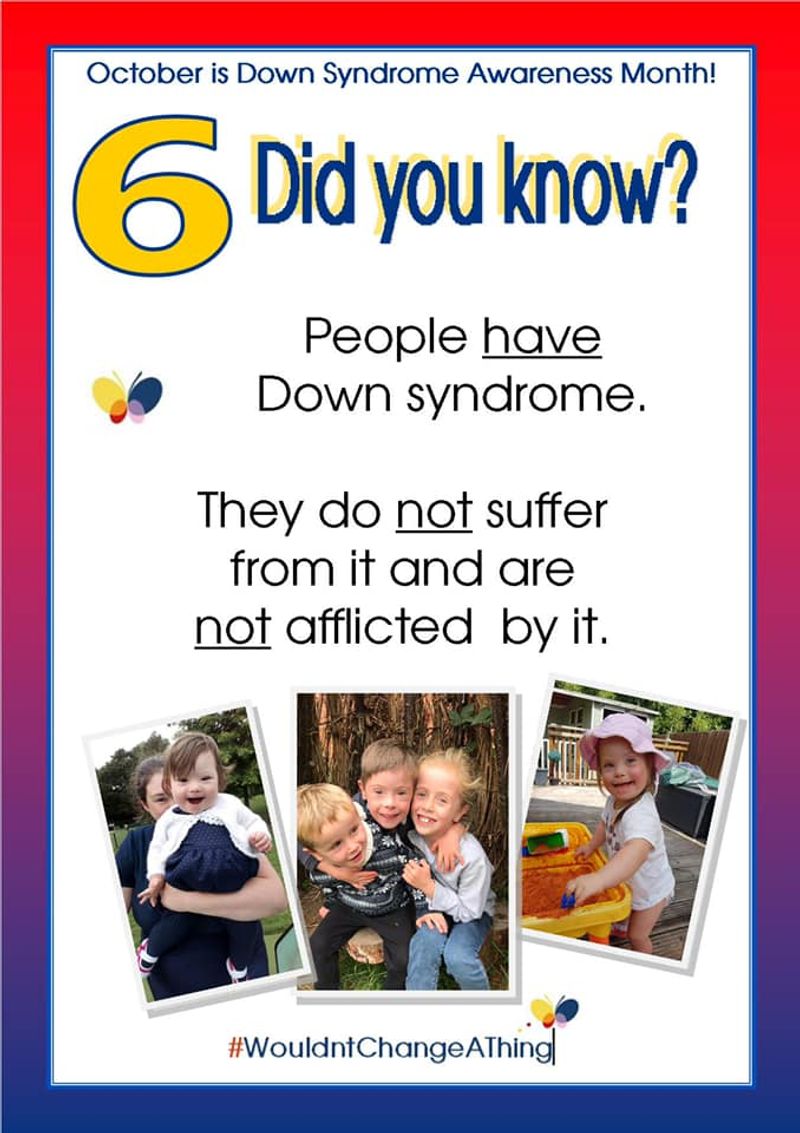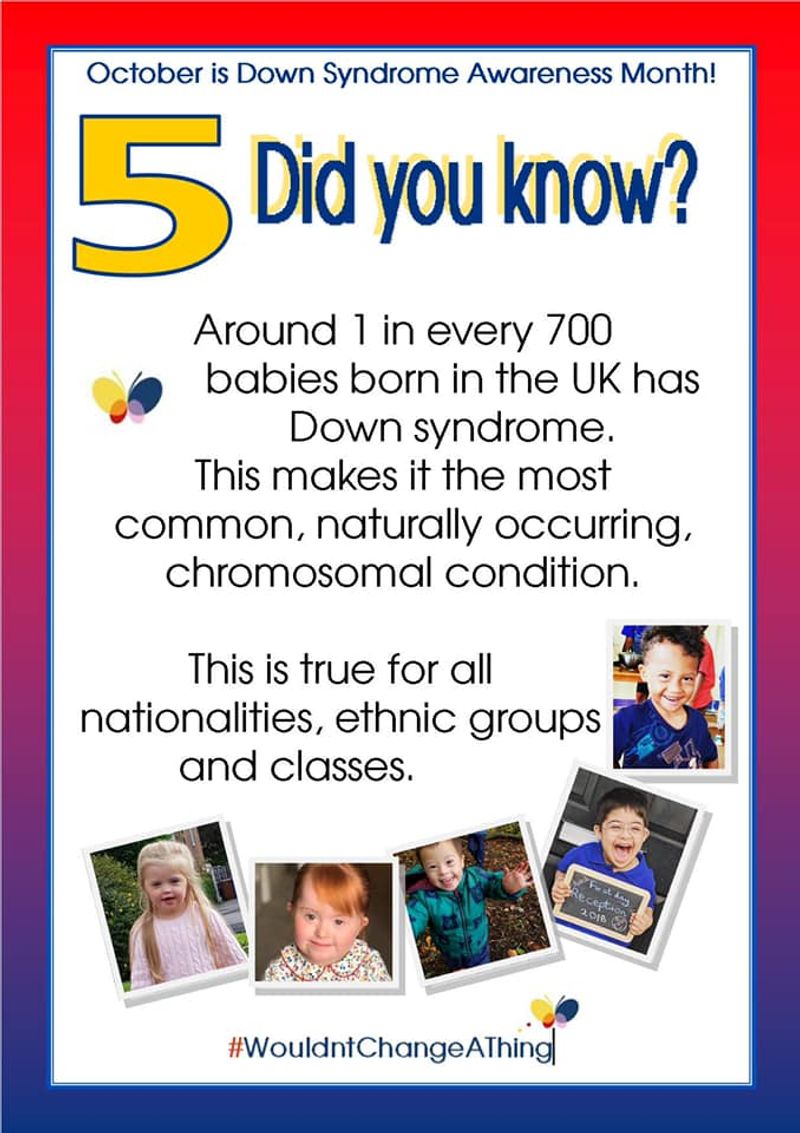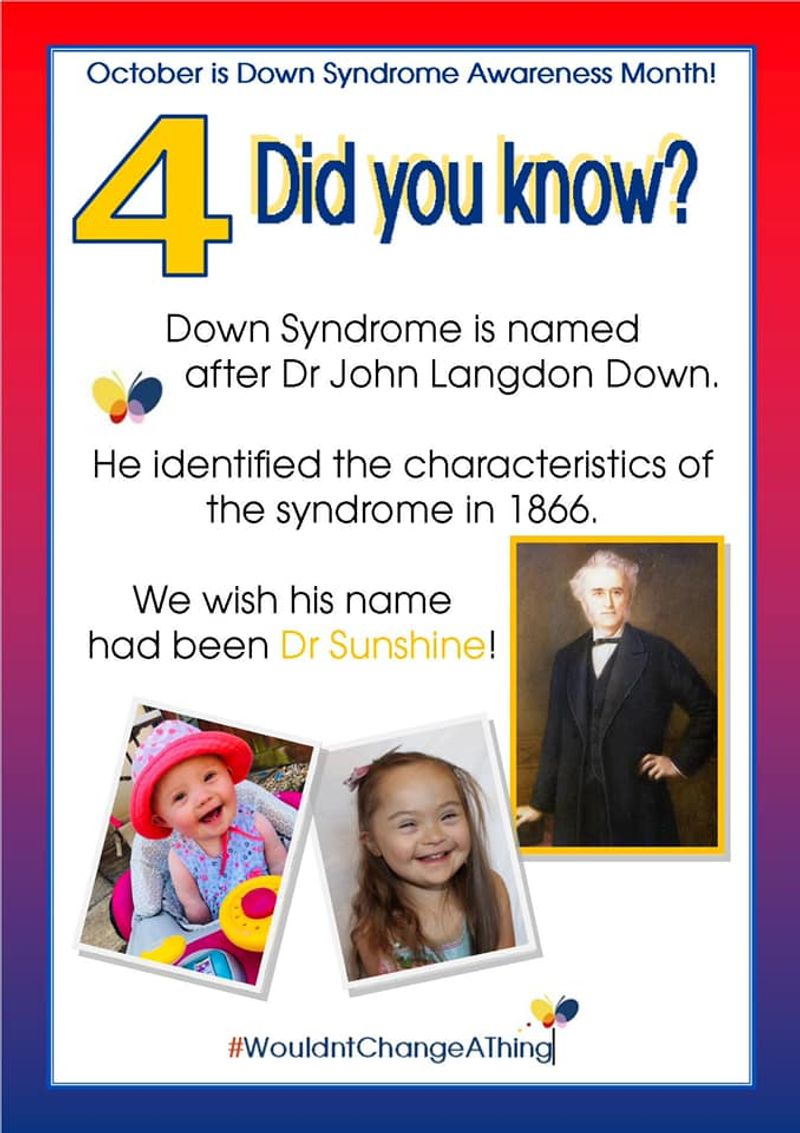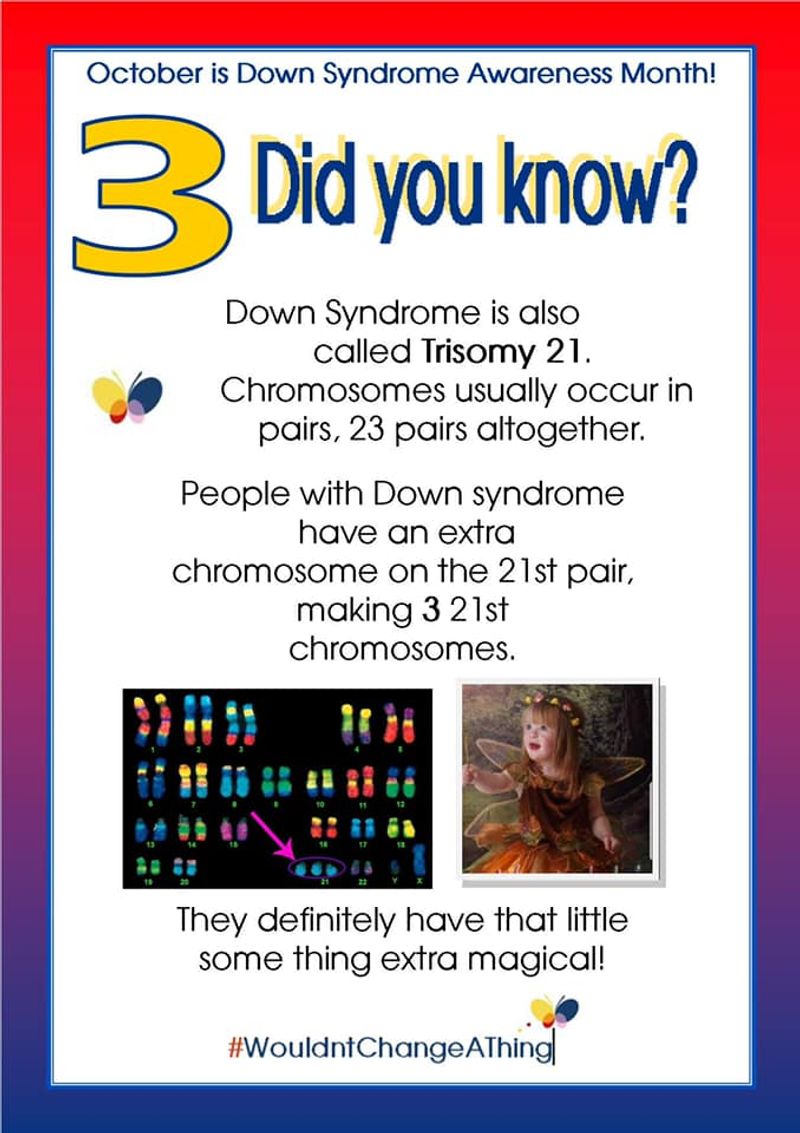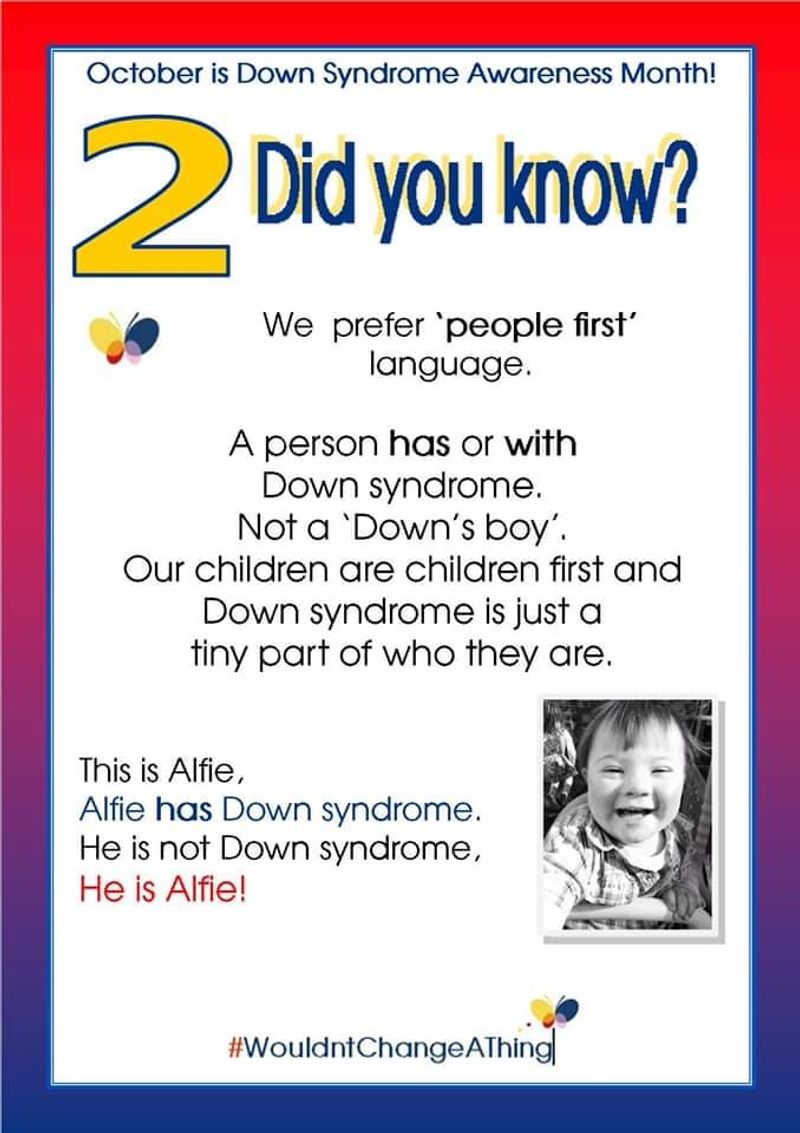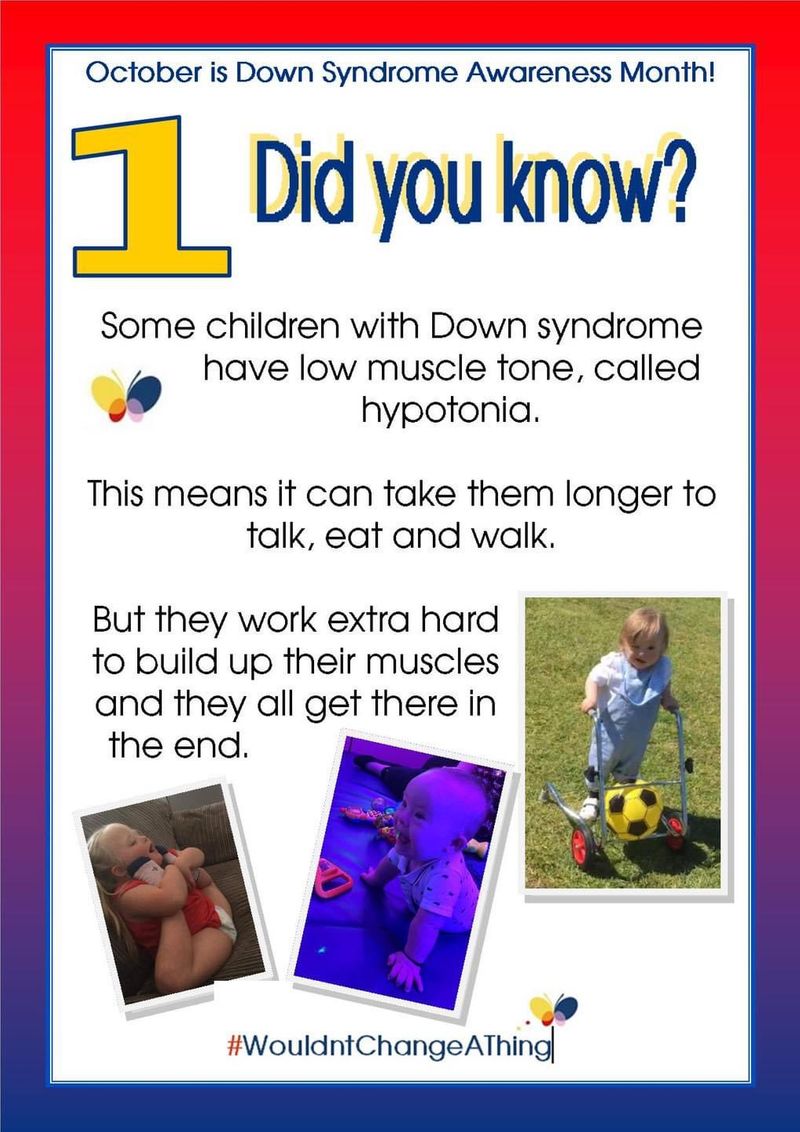#PADSGTKM - Activity Ideas! 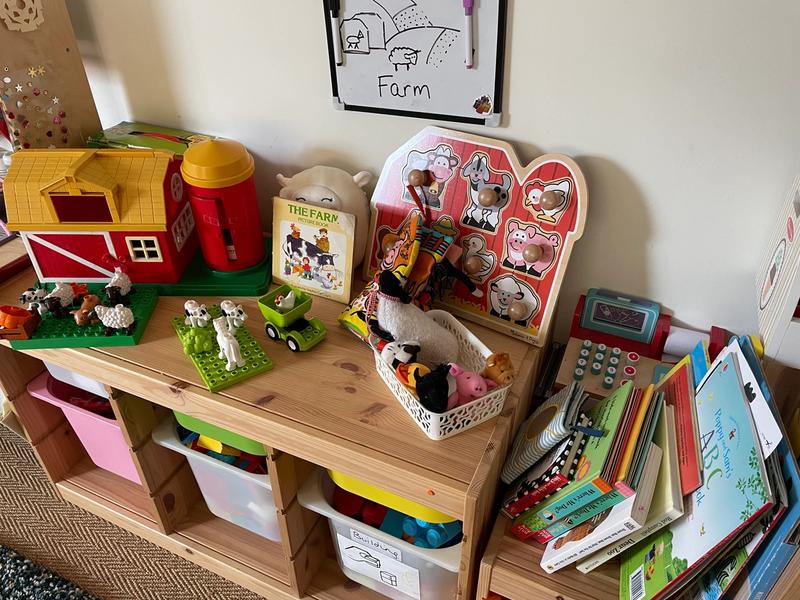
I love a theme - either for a play session or as topic for a couple of weeks. They give a good opportunity to explore new ideas and vocabulary associated with that topic, giving them chance to do lots of lovely play based learning. I find it also gives me a good motivating kick to become animated and excited about play again - kids feed off that and, in my view, learn more when you are both having fun! Whenever I feel myself uninspired by the play I’ve been doing with the girls I knock up a quick themed session or rotate all the toys that are on display, loosely based on a specific theme.
Ada is learning about harvest at the moment at school and has her harvest festival this week so I thought it would work for both girls if I dug out the 1990s plastic farm, animals, all our books and activities on farm animals and base all our play around it.
Via PADS Early Development Group Sessions (PEGS) we get ideas to support our baby’s development on a fortnightly basis, via a video, with a follow up group session led by a specialist to go through how our babies are getting on. It’s been brilliant for keeping ideas fresh and to know I’m supporting Frida’s development in the best possible way.
One of the activities we are doing at the moment is matching pictures to objects. I’ve taken photos of some of her favorite items and we are working on choosing and matching using the cards and her favourite toys.
